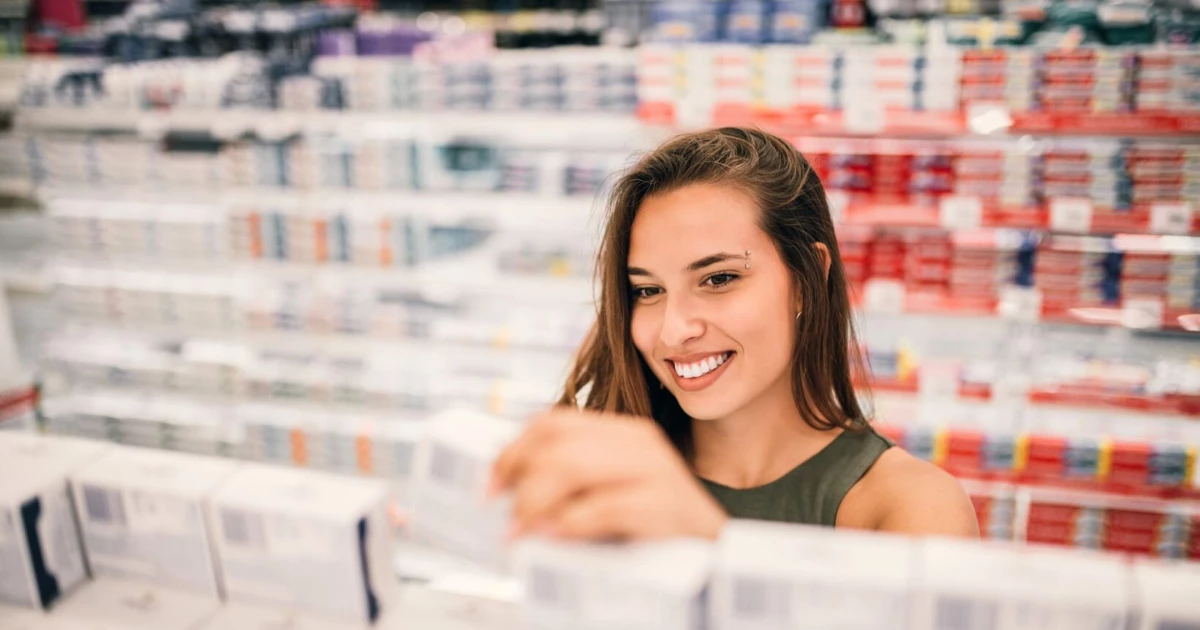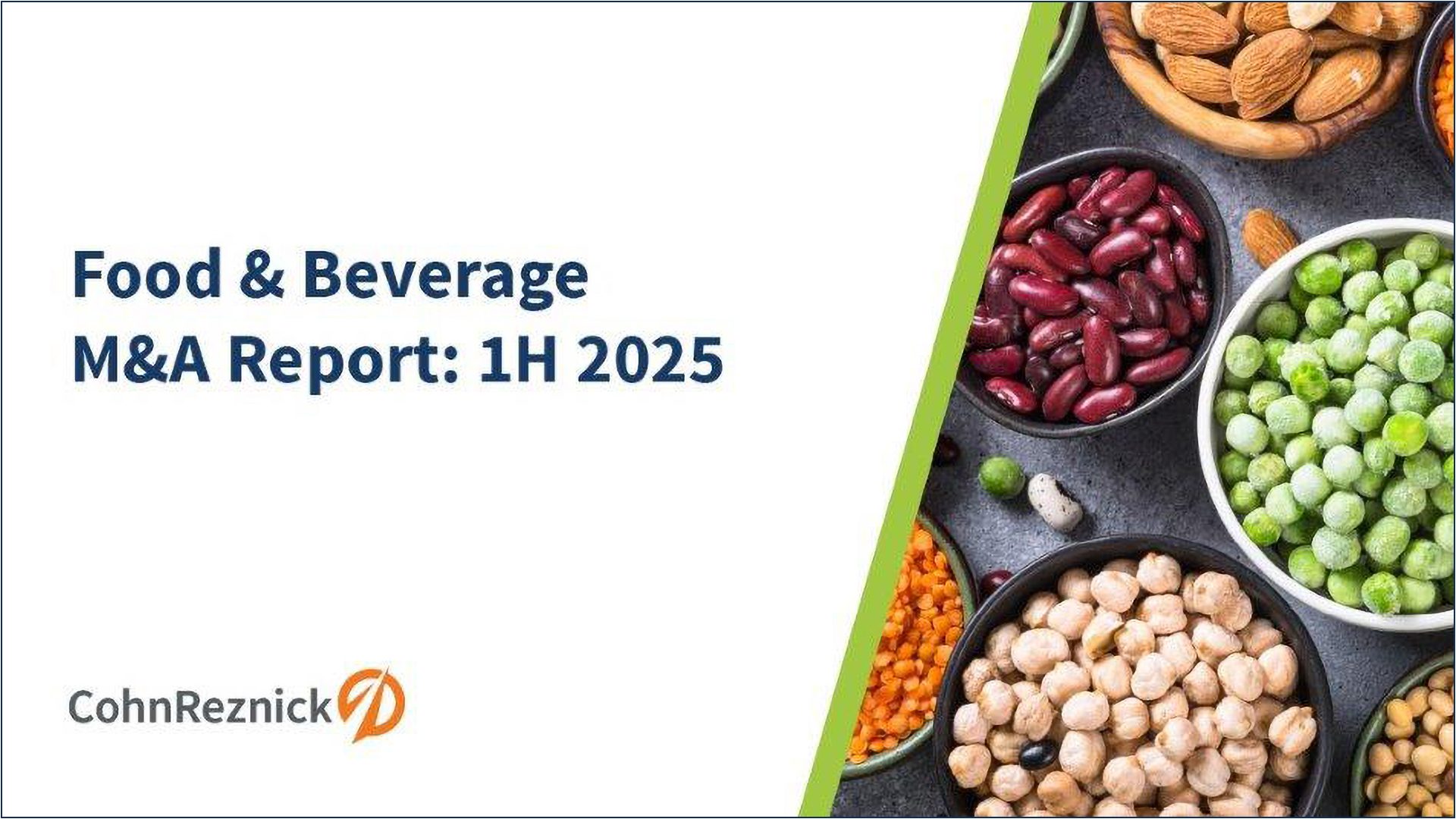- Consumer 150
- Posts
- $121B Consumer M&A Recalibrates | Hear From Jon Ledecky, Bobby Sharma, Julia Wittlin, Ben Fund & More
$121B Consumer M&A Recalibrates | Hear From Jon Ledecky, Bobby Sharma, Julia Wittlin, Ben Fund & More
Inside: $121B in consumer M&A pivots to precision, Fonterra–Lactalis aligns ~$2.2B in dairy assets, and 63% of shoppers still start on Google.
Good morning, ! This week we’re exploring the consumer M&A trend recalibration, Fonterra is selling its global consumer and foodservice units to Lactalis for ~$2.2B, Google Search remains the starting point for 63% of online shoppers.
We’re also co-hosting a sports investing event in NYC on September 3rd! Learn more about it, here.
Join 50+ advertisers who reach our 400,000 executives: Start Here.
Know someone deep in the consumer space? Pass this along—they’ll appreciate the edge. Share link.
— The Consumer150 Team
TREND OF THE WEEK
Small is the New Strategic

The consumer M&A playbook just flipped. Gone are the days of $300B megadeals—2024’s total strategic deal value in Consumer Products dropped to $121B, a sharp 19% decline from last year and a far cry from the 2015 peak of $349B. But don’t let the shrinking numbers fool you.
This isn’t a market in retreat. It’s a market in recalibration.
Think fewer headline-grabbing acquisitions, more surgical bolt-ons and brand carve-outs. Strategic buyers are ditching “bigger is better” in favor of portfolio precision. As interest rates stay high and consumer sentiment stays weird, acquirers are chasing synergy, not size.
For private investors, this quieter landscape may actually be the loudest signal: there’s alpha hiding in the divestitures. (More)
Learn from the Architects of Modern Brand Power
📍 September 3, 2025 | Jay Conference, Bryant Park, NYC | 9:00–11:00 AM
Join senior investors, agents, and operators at the intersection of capital and culture—where M&A meets media, and where sports, lifestyle, and brand equity are the new growth engines.
This isn’t just a panel breakfast. It’s a strategic look at how value is being built, monetized, and multiplied in the fast-evolving sports economy:
→ From Icons to IP: How elite agents structure wealth through equity, licensing, and brand control.
→ PE’s Sports Playbook: What leading firms are buying, how they’re navigating league rules, and where the real ROI lies.
Featuring speakers from Carlyle, RedBird, Bluestone Equity, and WME Sports, this event offers a rare lens into how sports deals really get done.
Seats are limited. Register here before it sells out.
ECOMMERCE
Consumers Swipe Right on AI

trust GenAI more than brand websites when deciding what to buy. Globally, 18% of regular GenAI users prefer AI shopping advice vs. just 10% for retailer sites (Accenture, Jan 2025). In the U.S., the trend is even starker: 51% of consumers say they trust GenAI recommendations (Bain/Dynata). That leapfrogs social media, marketplaces, and even Google search. The kicker? Nearly half of Americans are ready to let AI agents auto-purchase on their behalf. For retailers, the message is blunt: integrate AI rec engines or risk irrelevance. Your website is no longer the storefront—it’s a plug-in. (More)
DEAL OF THE WEEK
Cheese Kings Make It Official

Fonterra just signed a ~$2.2B deal with Lactalis to offload its global consumer and foodservice businesses, including brands like Anchor, Mainland, and Kapiti. The price could jump to ~$2.5B if the Bega licenses in Australia make it into the final basket. In return, farmer-shareholders are eyeing a $1.23/share (NZ$2) tax-free capital return. Fonterra ran a bake-off between IPO and trade sale, ultimately choosing the latter for faster returns and stronger synergies.
Advisors included: Jarden, Craigs Investment Partners, and JP Morgan on finance; Russell McVeagh and Herbert Smith Freehills on legal. Deal closes in H1 2026, pending farmer and regulatory approval. (More)
Digital Gifting Goes Default
Economic anxiety is changing how Americans give—and gift cards are the safe play.
New research from Blackhawk Network shows U.S. consumers plan to buy 10% more gift cards in 2025 than they did in 2024, leaning on them as tools for budget control, deal hunting, and flexible gifting. As wallets tighten, gift cards are evolving from fallback option to financial strategy.
But the real pivot is in the format: One-third of younger consumers have already purchased gift cards through messaging apps or social platforms, and nearly 60% say they’re interested. The shift to digital-first gifting isn’t theoretical—it’s happening, and fast.
Layer on top the rise of AI-assisted gift buying (nearly 50% of consumers use AI to compare prices and personalize gifts) and the revival of loyalty program engagement, and you have a new gifting stack that’s native to the mobile generation.
Bottom line: Gift cards are no longer just convenient—they’re becoming embedded in how consumers plan, personalize, and deliver value. Retailers need to meet them where they scroll. (More)
TOGETHER WITH PACASO
From Italy to a Nasdaq Reservation
How do you follow record-setting success? Get stronger. Take Pacaso. Their real estate co-ownership tech set records in Paris and London in 2024. No surprise. Coldwell Banker says 40% of wealthy Americans plan to buy abroad within a year. So adding 10+ new international destinations, including three in Italy, is big. They even reserved the Nasdaq ticker PCSO.
Paid advertisement for Pacaso’s Regulation A offering. Read the offering circular at invest.pacaso.com. Reserving a ticker symbol is not a guarantee that the company will go public. Listing on the NASDAQ is subject to approvals.
CONSUMER BEHAVIOR
Google Still Owns the First Click

When it comes to online shopping discovery, consumers still begin where they always have: Google Search, with 63% of shoppers starting there. But brand loyalty is alive—39% go directly to their favorite brand’s site, bypassing search altogether. Mobile apps rank third at 30%, though among Gen Z, nearly half (48%) use apps as their entry point. At the bottom: GenAI (8%) and in-app social shops like TikTok (8%). But dismissing them would be shortsighted—25% of Gen Z already find products through influencers and affiliate links, compared to just 2% of Boomers. The future of discovery? A mix of search dominance and social experimentation. (More)
INTERESTING ARTICLES
"Don't be distracted by criticism. Remember, the only taste of success some people have is when they take a bite out of you."
Zig Ziglar






